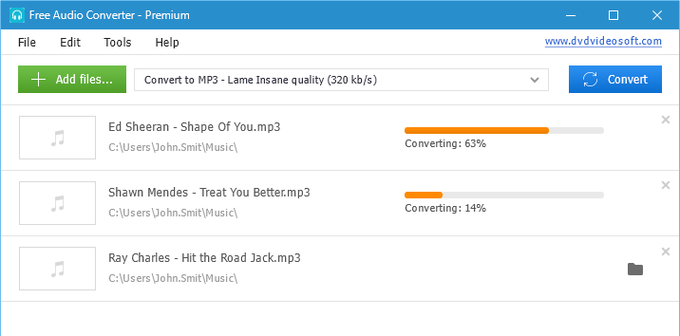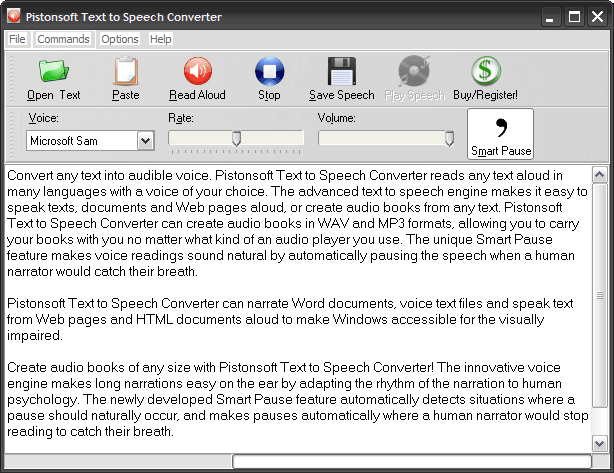


Preserve high quality sound as well as have high compatibility with more old and former portable devices and many audio editors. It is also not an ideal format for storing.Ĭompared with M4A, Waveform Audio File Format, as a standard file format, with filename extension WAV, has higher compatibility. It is compatible with Appleĭevices but cannot be used in many former portable devices and cannot be edited in many audio editors like Audacity, Wavosaur, CoolEdit and more. Music purchased through the iTunes store has been in m4a format since 2007. Elmedia Player also supports WAV files.M4A stands for MPEG 4 Audio and is a filename extension used to represent audio files. UltraMixer is a cross-operating-system, software program for deejaying on which WAV files work well. Alternatively, programs such as iTunes, VLC media player, and QuickTime can also be used to open and play WAV files.ĭue to a WAV file’s higher, uncompressed quality, they are suitable for importing into music editing, production, and manipulation programs. The default player for opening WAV files is Windows Media Player. Their quality, however, does surpass that of M4A and MP3. WAV files are much larger than M4A and MP3 files, making them less practical for consumer use on portable players. WAV is the result of IBM and Windows iterating a Resource Interchange File Format (RIFF).

Waveform Audio (WAV) is the most-popular digital-audio format for uncompressed audio files. Users can also preview M4A files by highlighting the file and pressing the spacebar.Īdditionally, M4A opens in VLC media player, Adobe Premiere Pro, Elmedia Player, Winamp, and a host of other programs.ĭeveloped by: ISO/ IEC, Moving Pictures Experts Group For Windows users, the default program is Windows Media Player. For Apple users, iTunes is the default program to open M4A files. M4A files open in most well-known, audio-playback programs, including iTunes, QuickTime, and Windows Media Player. M4A files are smaller in size while simultaneously better in quality than MP3 files, with which it shares the most similarities, in comparison to all other audio file formats. MPEG 4 Audio (M4A) compresses and encodes audio files by using one of two coder-decoder algorithms: Advanced Audio Coding (AAC) or Apple Lossless Audio Codec (ALAC).


 0 kommentar(er)
0 kommentar(er)
